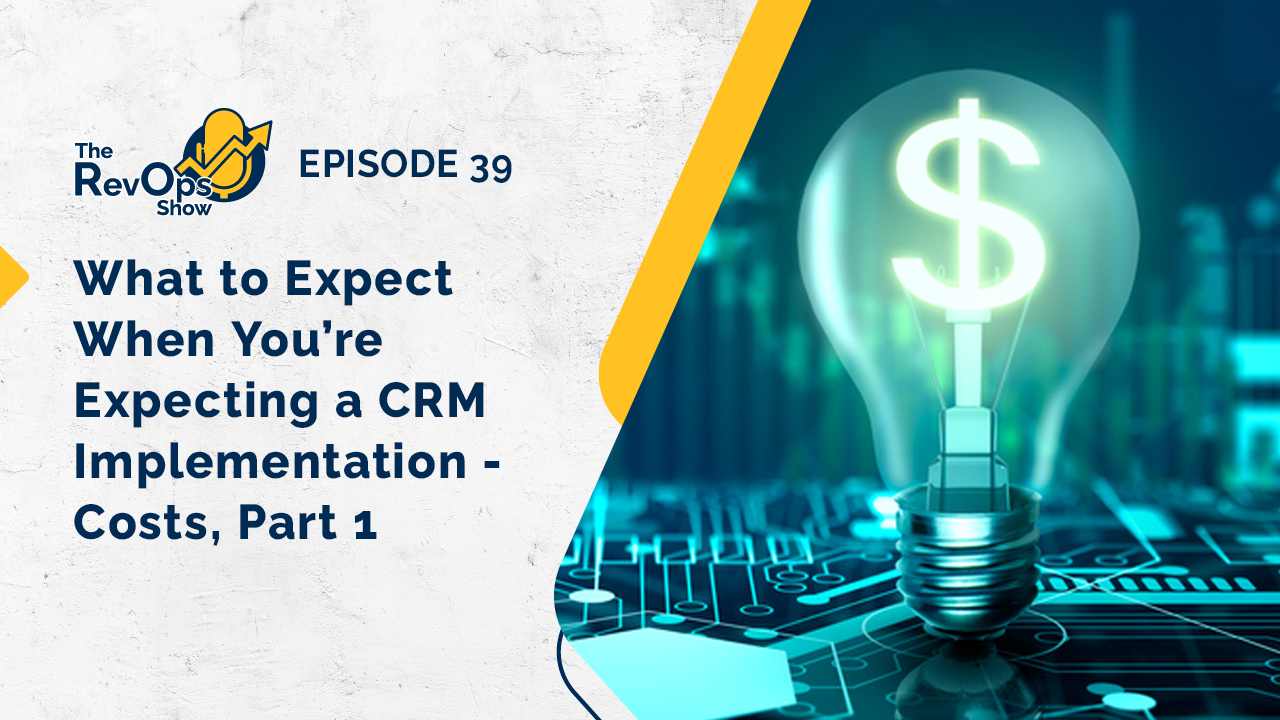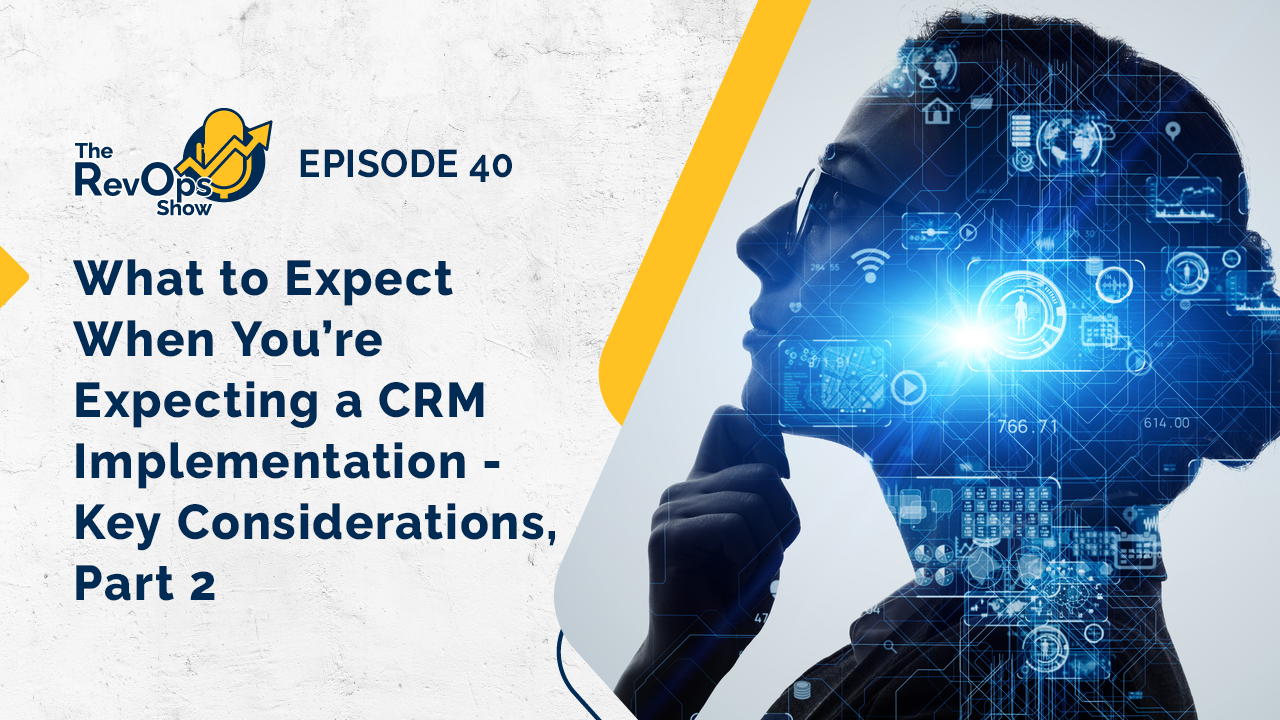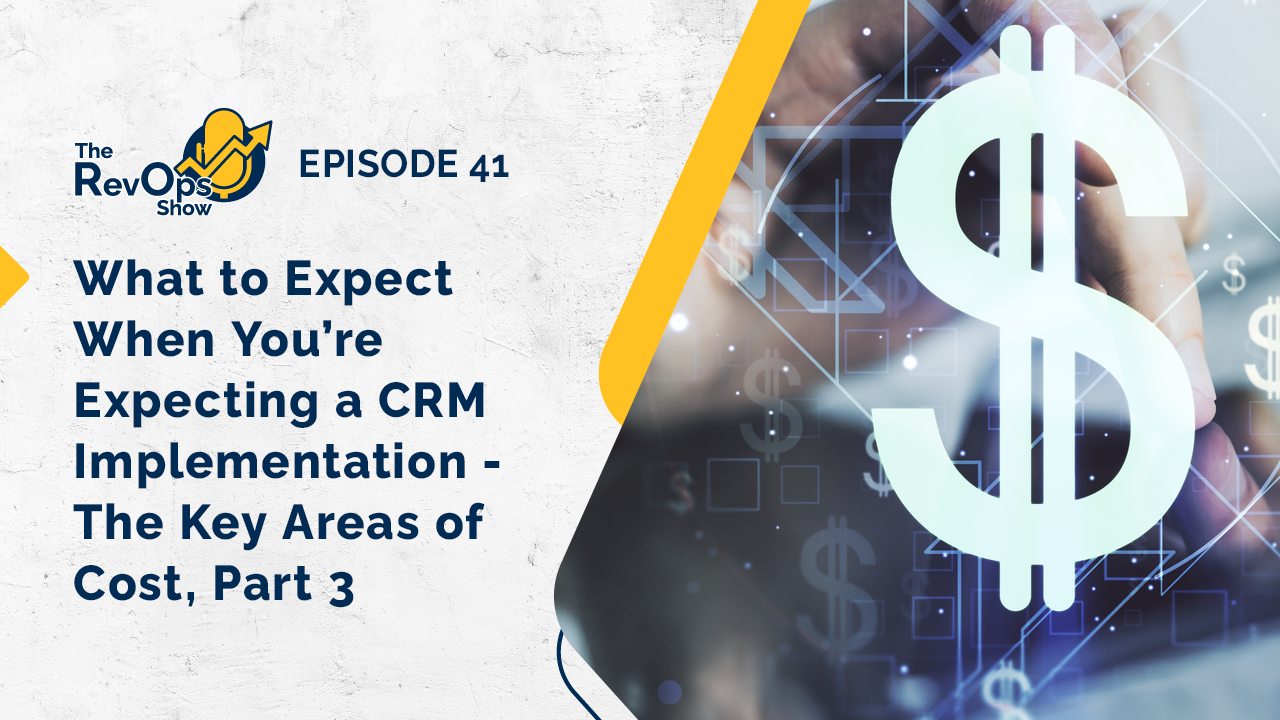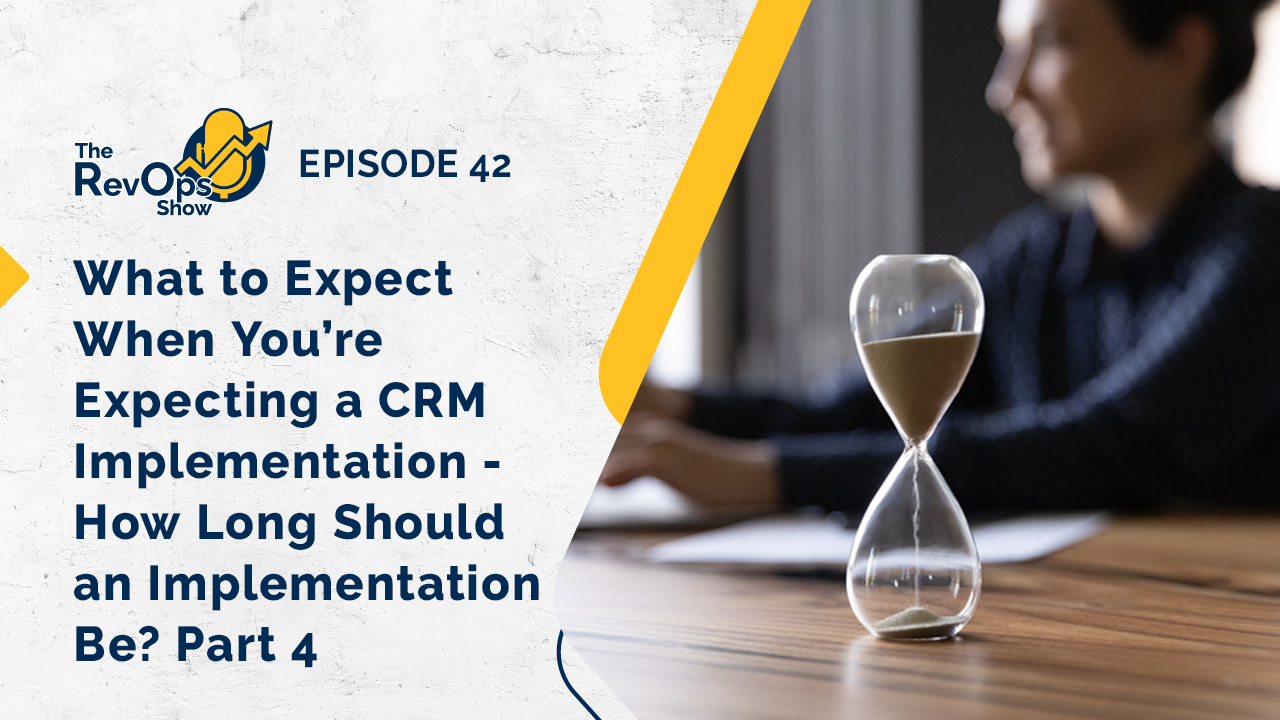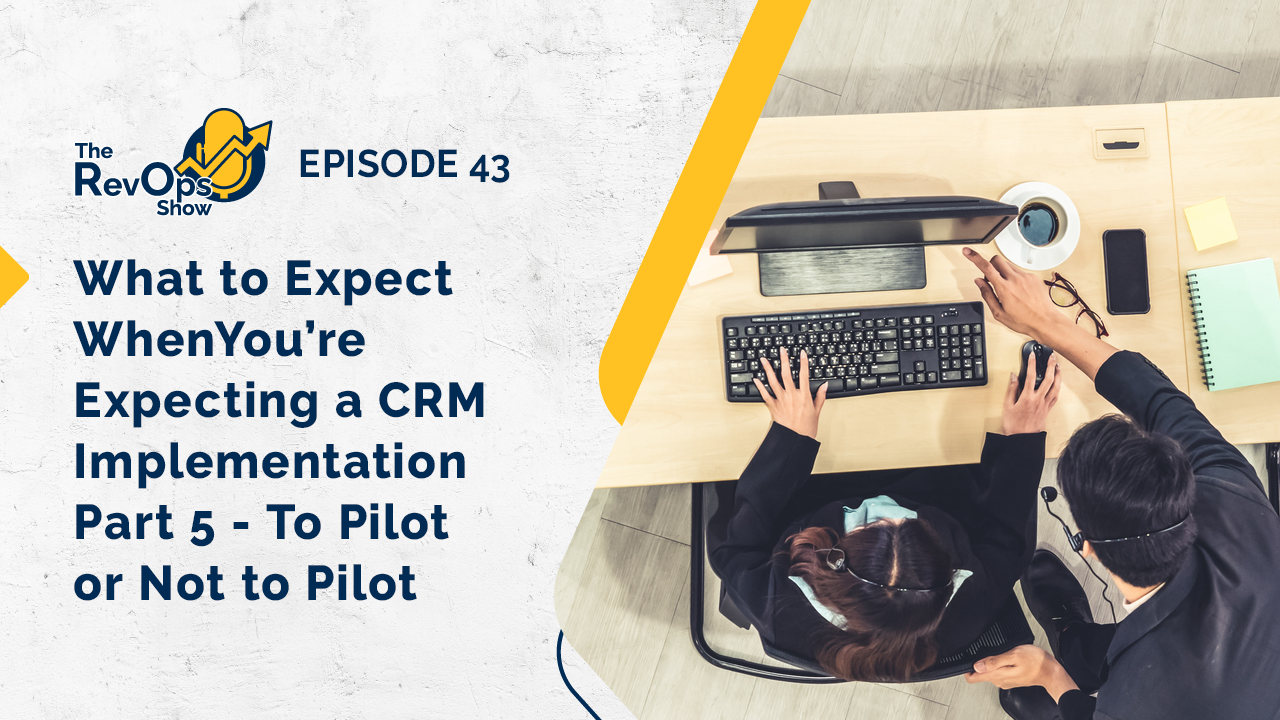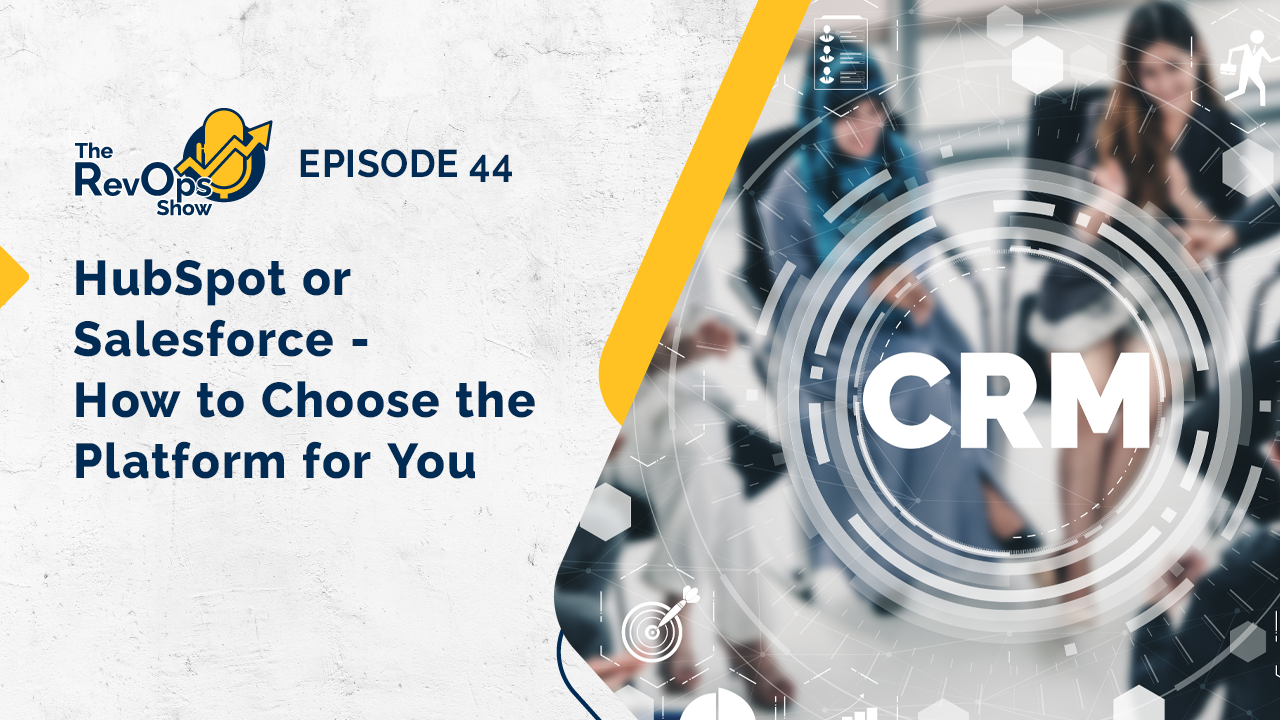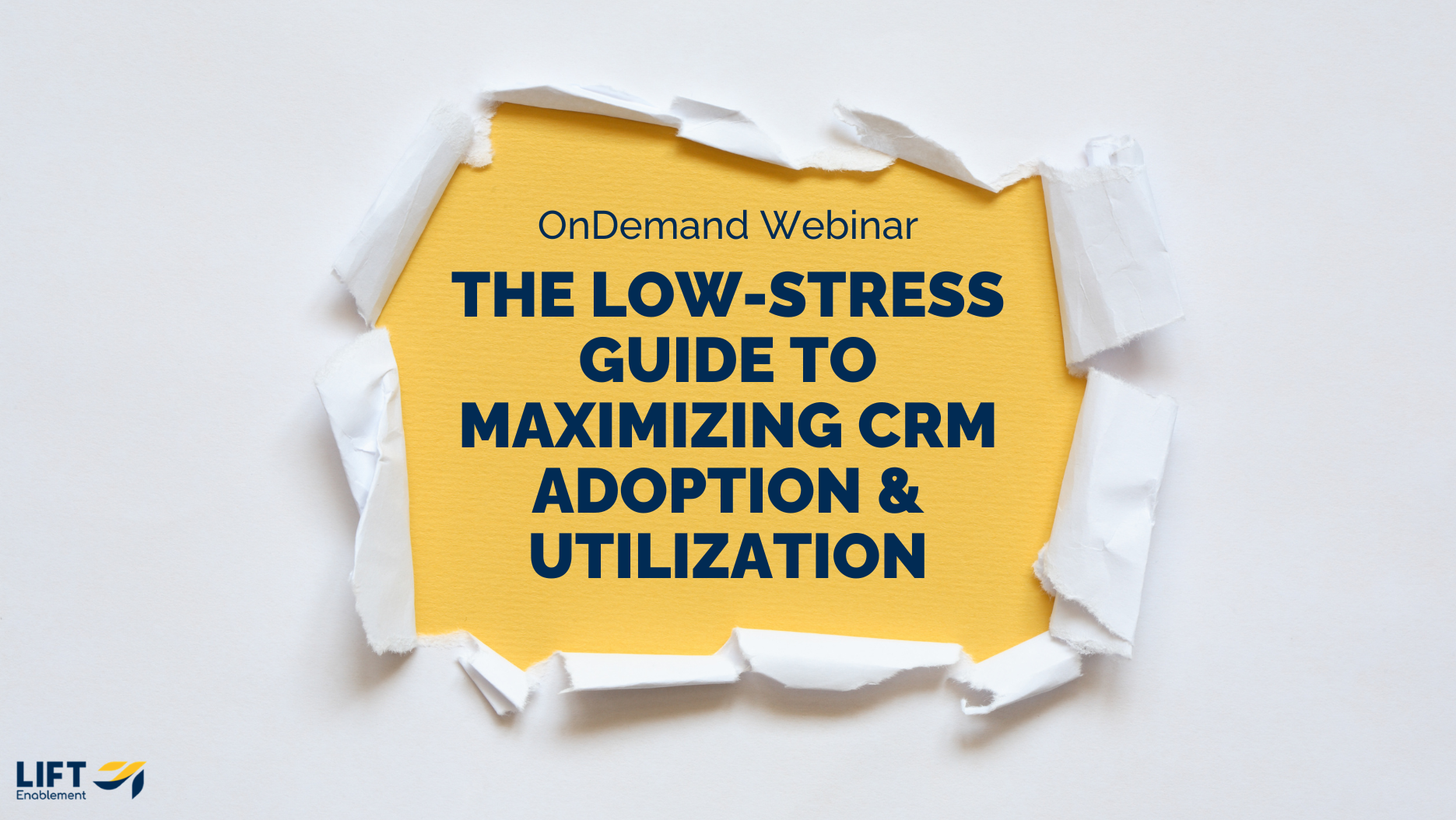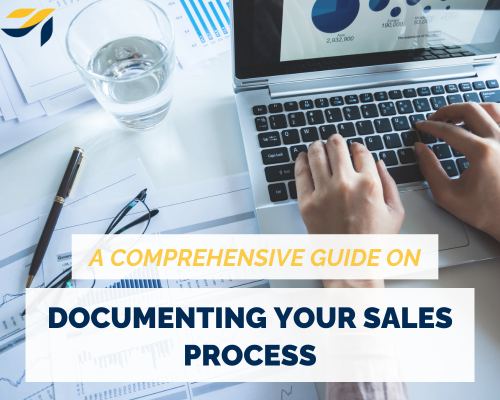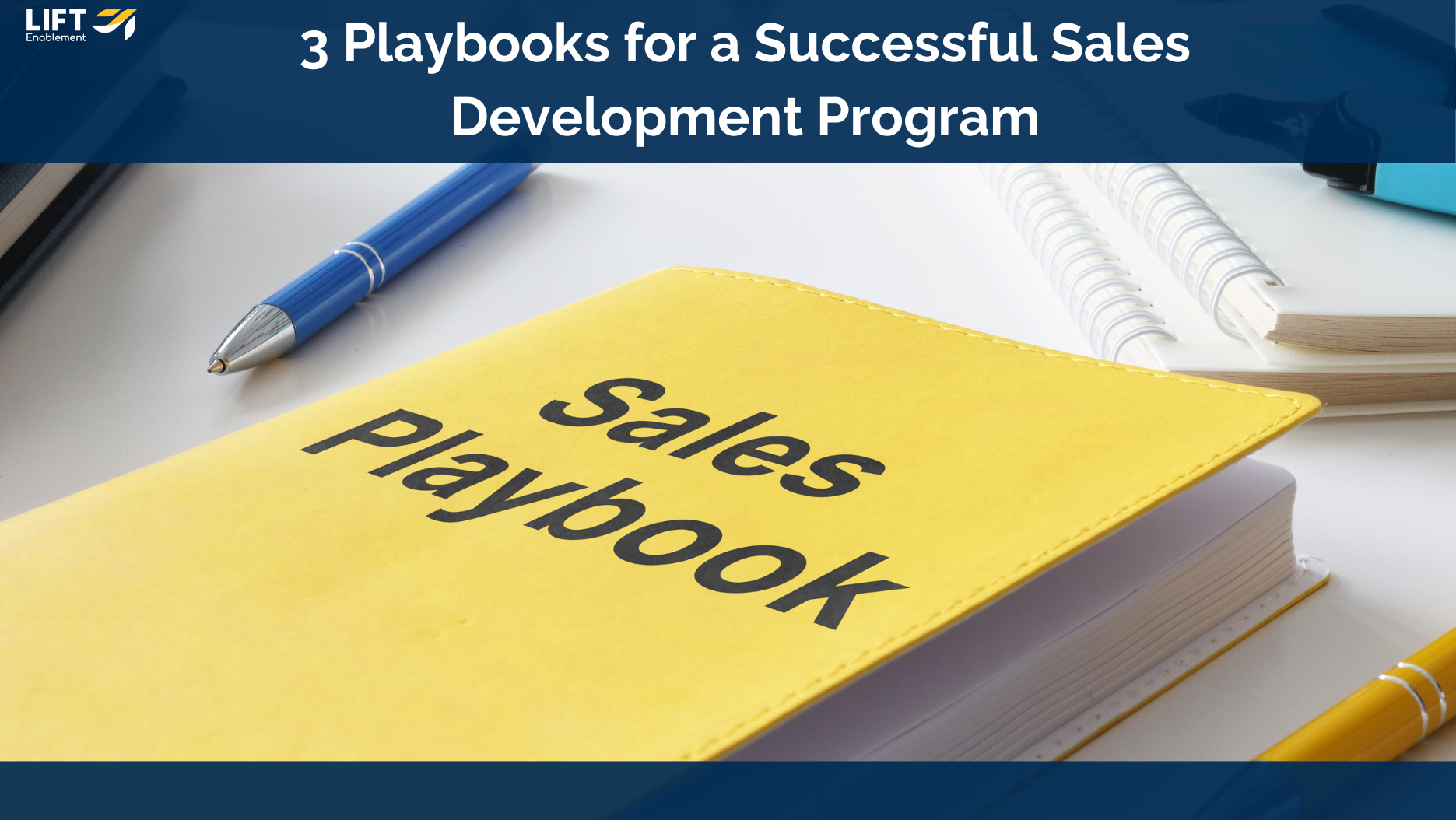What To Consider When Implementing CRM
Here is your guide to navigating a CRM implementation. You'll find general best practices, valuable insights, and answers to questions you have on the process.
Let’s tackle the basics of CRM implementations. After watching this section you’ll understand:
- The different types of implementations
- The foundations of what a CRM should cost
Trade-offs in your implementation will depend on the following considerations:
- Company size
- Team size
- Roles involved
- Who is going to use the system
- Tech involved
See the impact each consideration has on your decision.
This section will give you actual numbers to think about. Whether you decide on an implementation or to stick with the status quo, be prepared to figure out:
- Up-front costs
- Invisible costs
- Long-term costs
Here are your guidelines to budget how long a CRM implementation should take. What can affect your timeline include (but are not limited to):
- Resource allocation
- Team size
- Integrations involved
- Processes already in place
Test with a group? Or roll out your new CRM to the entire organization? In this section, think through both sides of the coin to figure out which is best for your organization. Some things to think about:
- Missing key issues vs finding key issues
- Experience in use and team adoption
- Possible delays in CRM rollout
The question everyone wants an answer to…
Reminder: the platform shouldn’t be dictating your business process.
You’ll see here that either could be the right option for you. As long as you view these options through the lens of enabling and evolving your specific business processes.

